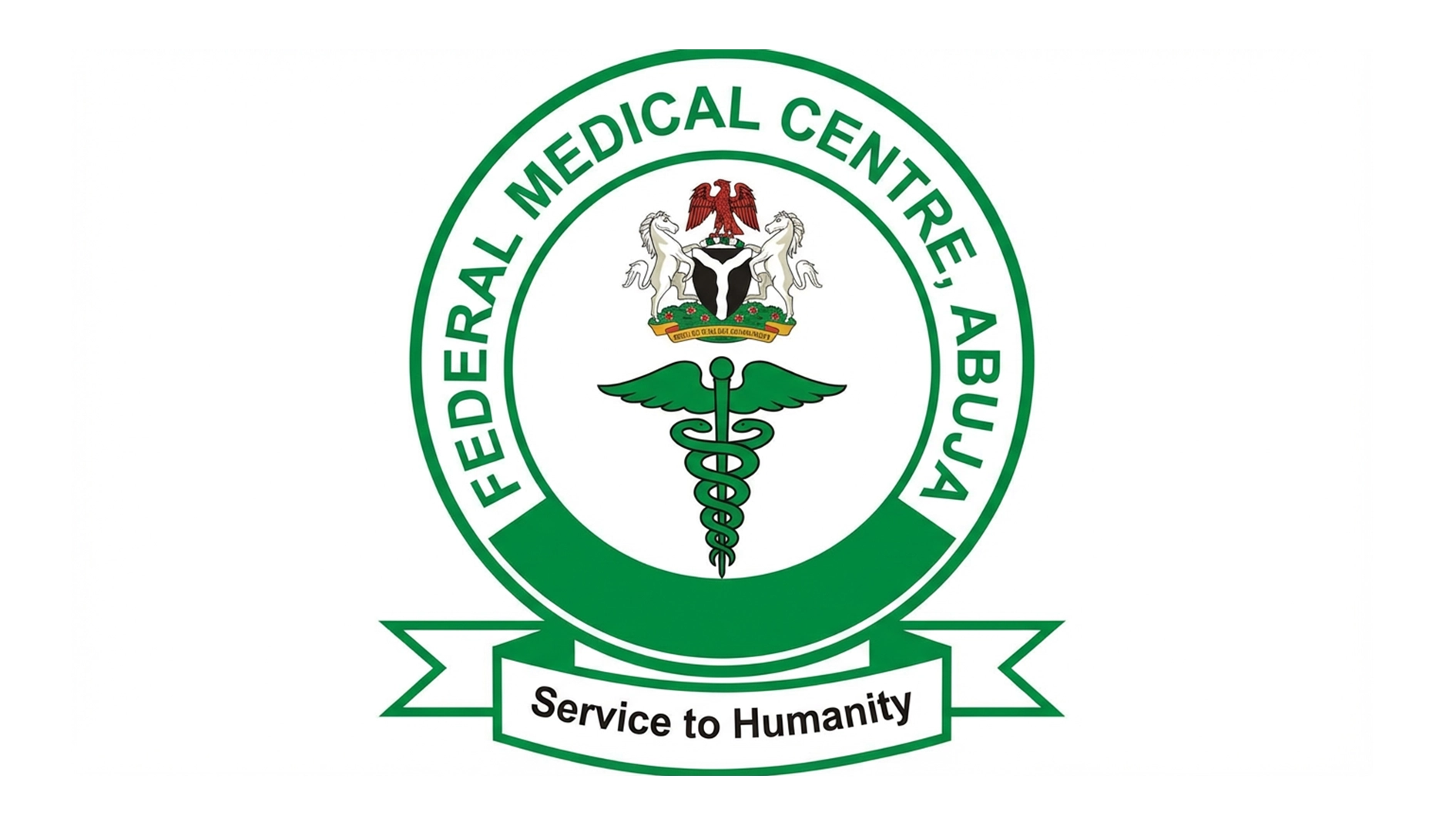As world leaders converge in New York for the 80th United Nations General Assembly (UNGA), there are renewed calls for African governments to improve their health care systems, moving from dependence on external aid to homegrown sustainable solutions rooted in partnership and sovereignty.
The Executive Vice President for Diagnostics, Africa, at Roche Diagnostics, Dr. Allan Pamba, in his paper titled: “Partnerships for Health Sovereignty: Africa’s Path Beyond UNGA,” challenged African governments to use the global gathering not just to lobby for commitments but to take ownership of their health systems at the country level.
Pamba warned that, while the last few years have shown progress which cannot be taken for granted, funding shifts, pandemics and political instability have exposed the fragility of health systems across the continent.
He said these issues have also revealed the ingenuity of African governments, communities and partners at the edge of a cliff.
“Health systems are the strongest when they are shaped through trust and shared responsibility, and collaboration on the road to universal health coverage is not just about funding streams or technical capacity. It is about bringing together ministries, industry, civil society and communities to design solutions that reflect local realities and priorities,” he said.
Pamba highlighted successful examples where African countries are building resilient health services through strategic collaboration.
He said in Zambia, when global funding disruptions threatened continuity in HIV and HPV testing, the Ministry of Health convened a national task force and partnered with Roche Diagnostics, the Private Agencies Cooperating Together (PACT) for HPV and the Churches Health Association of Zambia (CHAZ) for HIV to protect services.
He said similarly, in the Democratic Republic of Congo, a strategic private-sector partnership between Roche Diagnostics and the Ministry of Health, enabled the country’s first direct procurement of HIV tests—an important step toward domestic ownership of critical health services.
Pamba stressed that working hand-in-hand with local leaders enables the private sector to provide technical support and unlocking essential resources, while acknowledging government’s leadership in continuity of care, particularly for women and children.
He argued that the sustainability of Africa’s health systems rests on financing models that are innovative, predictable and locally anchored.
While global support remains important, he cautioned that Africa’s reliance on external funding leaves essential services vulnerable to shifting priorities.
He stressed that domestic financing—whether through direct procurement, innovative tax structures or regional pooled mechanisms, remains one of the clearest routes to sovereignty.
Pamba noted that when Ministries of Health take the lead in securing essential diagnostics, they demonstrate to citizens and funders alike that Africa can chart its own course.
He further stressed that optimisation of resources, smarter procurement practices, leveraging existing infrastructure and prioritising preventive diagnostics that reduce the need for costly treatment later, are equally critical to ensure maximum impact from every investment.
Pamba underscored the importance of sovereignty in funding and delivering care without being at the mercy of external forces, noting that, “It is not a rejection of global collaboration but a recalibration of partnerships and financing mechanisms that must strengthen Africa’s leadership, not replace it.
Beyond funding, Pamba underscored the importance of reliable diagnostics and locally generated data to ensuring that investments are targeted, outcomes are measurable, and solutions reflect African realities.






